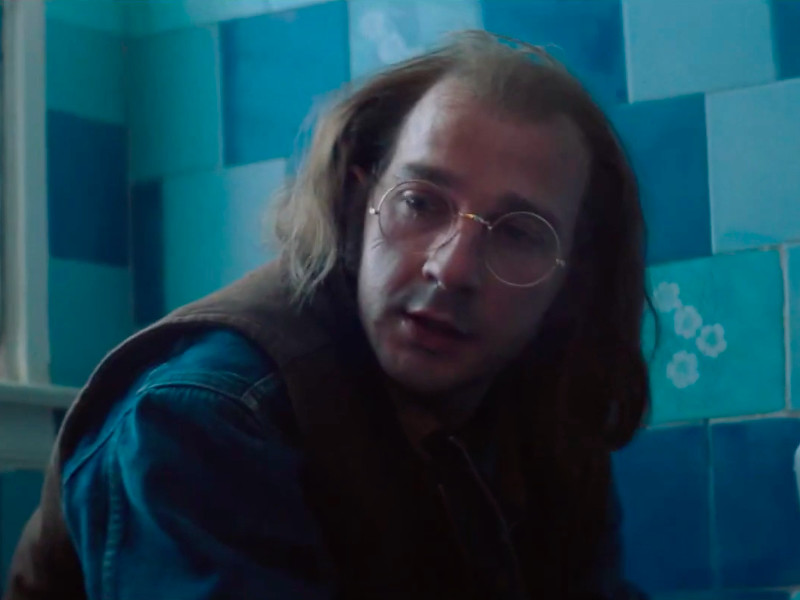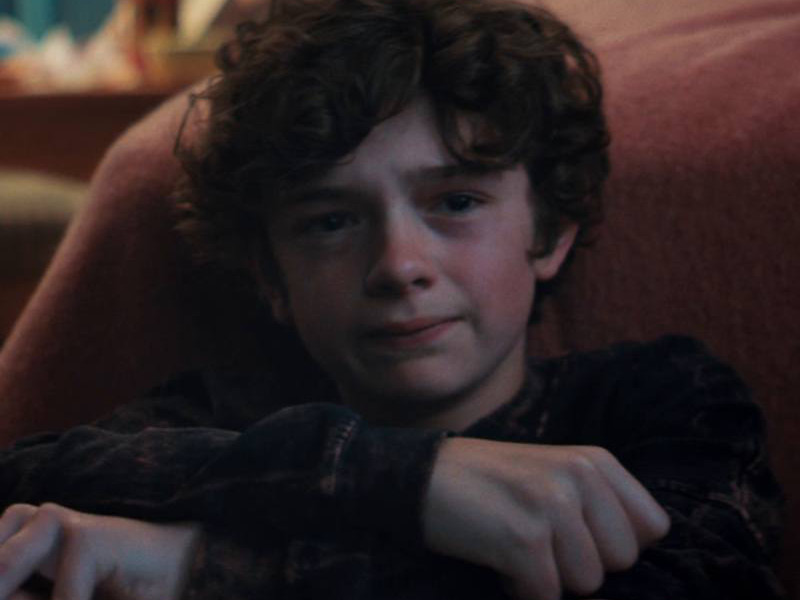|
By Benjamin Akpan Shia LaBeouf has always been one of Hollywood’s most complex mysteries; not because he’s some inscrutable figure too hard to understand (that’s a role Bill Murray has laid claims to). Rather, it’s because no one could easily articulate why they liked or disliked him. From his early days as a Disney-darling on Even Stevens to becoming a blockbuster mainstay with Transformers, LaBeouf’s career has rapidly grown and evolved. But more recently, LaBeouf has been plagued with tabloid altercations, arrests, rehab stints, and legal troubles – much of which have shaped the way people view him today. But there’s surely no confusion about Honey Boy, the semi-autobiographical movie in which LaBeouf pours out his heart onto a script, dissecting his persecutory relationship with his father, and the effect it had on the man he is today. Directed with an astute eye by Alma Ha’rel, who infuses lyricism and tenderness into a weighty story, Honey Boy is a brave portrayal of real life trauma told through dreamy visuals and incredible performances. © Youtube | Amazon Studios Here’s the story: Shia LaBeouf plays a fictionalization of his abusive father; Lucas Hedges and Noah Jupe play fictionalizations of LaBeouf, albeit 10 years apart. LaBeouf provides a thin measure of distance to the story by altering their names – as a child actor in 1995, Otis is managed by his father James, an ex-rodeo clown and recovering alcoholic. Plagued by his own demons from his childhood, James subjects his son to physical and emotional abuse. Interjected throughout the film are scenes of Otis, ten years later, who attempts to work through his issues in rehab after a drunk driving misdemeanor. Ultimately, Honey Boy is an account of a man grappling with his past in a bid to understand his present conditions and forge a future of clear skies ahead. LaBeouf undergoes a physical transformation that renders him practically unrecognizable in a performance that strikes a similar chord as Allison Janney’s Oscar-winning turn in 2017’s I, Tonya, channeling his own father in hopes to understand the man who had caused him so much pain as a kid. His tone oscillates between clumsy and strangely frightening, yet there are sporadic flashes of pure tenderness that reflect the love and loyalty James feels for his son, even though they are mostly overshadowed by his overbearing cruelty. James is a perfect reflection of a man who allows toxic masculinity get the better of him, such as in moments where he refuses to hold his son’s hand while they walk down the street because he doesn’t want to be perceived as a “chicken dad”. This is a fine contrast with Noah Jupe’s Otis, who is soft and extremely vulnerable. He wields his mien of innocence to his advantage, bouncing off of LaBeouf’s emotional desperation and distance. Lucas Hedges gives a great performance, as per usual, maintaining his streak of excellent works; and his impression of Shia is spot on – the mannerisms, the mode of talking, and even the body language mirrors Shia. Hedges’ take on an older Otis evokes an intense trauma inherited from his father that cannot fully be understood. Together, the three men prove to be a fully rounded description of the cyclical nature of abuse, one that the audience are made to feel and empathize with. It takes an insurmountable level of courage to create a story this real and personal. But – as Ha’rel’s direction proves – it takes an even greater amount of intrepidity to translate a story so personal to someone else, crafting it with an immense measure of fervor which runs the full range from expressionistic to naturalistic as dictated by the needs of the story. Of course, that should be credited to her background as a documentarian; Ha’rel is able to capture emotions in a way that feels honest. Her ingenious vision is what ties together the nonlinearity of Honey Boy together, culminating in a work with a rich emotional gravitas that would’ve otherwise been lost in the hands of a less confident filmmaker. Shia doesn’t want the audience to understand him. Truth be told, he isn’t even trying. With Honey Boy, he simply seeks to understand himself. Throughout its course, LaBeouf doesn’t attempt to denigrate his alcoholic father. You can catch momentary glimpses where his father has good intentions, but he just can’t seem to get over his problems and issues long enough to keep it all together. For all that, the film has sympathy for him without sacrificing its support for Otis. A quaint emotional rollercoaster, there is nothing remotely ground-breaking about Honey Boy. It does not employ any visual effects, nor does it bank on thrills. It is also not a new story – child actors have had messy parents since the dawn of time. But there is a lot to be said in terms of what it possesses. It is a story about real people going through real things. Coming from the deepest parts of Shia’s heart and mind, Honey Boy is ripe with emotion and personality. It is sincere and relatable. There is no happy or sad ending, only the stuff of life, and Alma Ha’rel has turned it into great art. *Editor’s Note: Honey Boy internationally premiered at the Toronto International Film Festival ’19 as part of GALA Presentations. |
Recent Posts
Categories
All
Archives
February 2022
|
|
GET THE APP!
Listen to VIBE 105 anywhere you go!
|
OUR STATION
|
TUNE IN RADIO
|
STAY CONNECTED
|
Copyright © 2021 Canadian Centre for Civic Media and Arts Development Inc. Except where otherwise noted, presentation of content on this site is protected by copyright law and redistribution without consent or written permission of the sponsor is strictly prohibited.





 RSS Feed
RSS Feed


